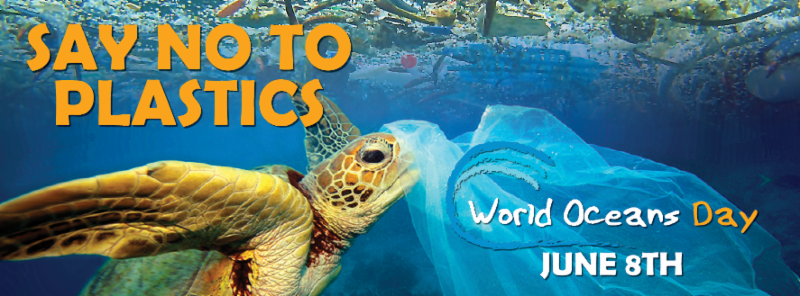Recent News
Students get virtual lessons on ocean conservationFriday, April 09, 2021
Students have been able to participate virtually in a programme teaching them about ocean conservation and how to be confident in the water.
“Kids On The Reef” Programme Held Virtually
Monday, April 05, 2021
Bermuda Zoological Society’s Kids On The Reef [KOTR] programme — sponsored by AXA XL — was held virtually due to the Island under lockdown last spring due to the Covid-19 pandemic.
Tributes to Eric Clee, former president of the Bermuda Zoological Society
Tuesday, March 30, 2021
A founding member and former president of the Bermuda Zoological Society who steered the finances of the Aquarium has died at 92.
Teachers skills boost from Bermuda Zoological Society
Monday, February 22, 2021
Teachers went back to school as part of a two-day professional development workshop designed to boost skills.
Workshop For Middle School Science Teachers
Monday, February 22, 2021
A two-day teacher professional development workshop for middle school science teachers was held on 8th and 9th February. Sponsored by the Ministry of Education, the workshop was facilitated by Dr. Stephanie Toro of Academic Independence Coaching, assisted by Bermuda Zoological Society [BZS] staff and materials from the BZS GASS programmes.
About
GovernanceAbout Us
Newsletter
Latest News
Gift & Bookstore
Contact
General Inquiries
info@bzs.bm
Latest News
All the latest updates and news from the Bermuda Aquarium, Museum, and Zoo, one of Bermuda's leading visitor attractions!
Excerpt WILD News June 2018

Today, June 8th, is World Oceans Day, and the theme for this year is the prevention of plastic pollution to encourage healthy oceans. On World Oceans Day, people around our blue planet celebrate and honour the ocean, which connects us all.
According to the World Oceans Day Organization, "plastic pollution poses a threat to human health, kills and harms marine life, damages and alters habitats, and can have substantial negative impacts on local economies. Research from the Ocean Project shows that pollution, especially plastics pollution, is already widely accepted as a big problem that we need to and can address."
"The primary direct threat to marine life is entanglement or ingestion. Sea turtles, birds, and fish alike accidentally mistake plastic for food and choke or get sick by ingesting it. It's distressing to think about how much plastic is almost unavoidable - sometimes, it can seem useless to take action. But if many of us act together, we can reduce the amount of plastic in the ocean, and show the world that we demand less disposable plastic in our everyday lives!"
At the Bermuda Aquarium, Museum and Zoo (BAMZ) we continuously encounter situations involving plastics and our marine life. These situations include turtles that become entangled in fishing lines, which can lead to loss of flippers or even the death of the animal. Ingestion of plastics also cause major problems in preventing animals from digesting food because of blockages in their intestinal tract.
Ocean plastic debris is not only a serious concern for marine life, but it can also be dangerous to human health! Scientists are finding that chemicals in plastic consumed by fish eventually travel up the food chain - and get into our bodies. So, by littering, we are not only poisoning the environment, we are also poisoning ourselves.
The Bermuda Zoological Society is asking its members and the entire community to play a part in plastic prevention by saying "No" to plastic. Substitute plastics for bio-degradable materials, and when you visit the beach this summer collect 3 pieces of plastic and dispose of it in the proper receptacle.
As part of the celebration of the 50th anniversary of the Bermuda Turtle Project, on June 27th, Dr. Ian Walker, Principle Curator at BAMZ will be giving a lecture at the BAMZ on wildlife rehabilitation and the impact plastic pollution has on our environment, particularly sea turtles. Come out and learn what we do to save our marine creatures!


